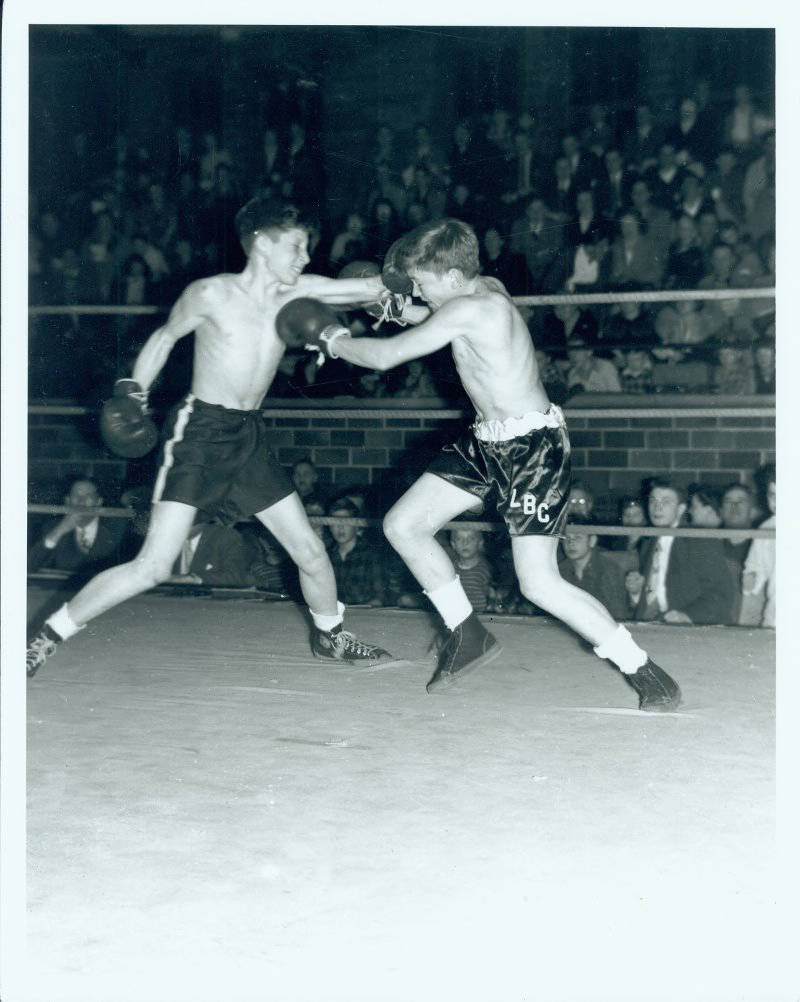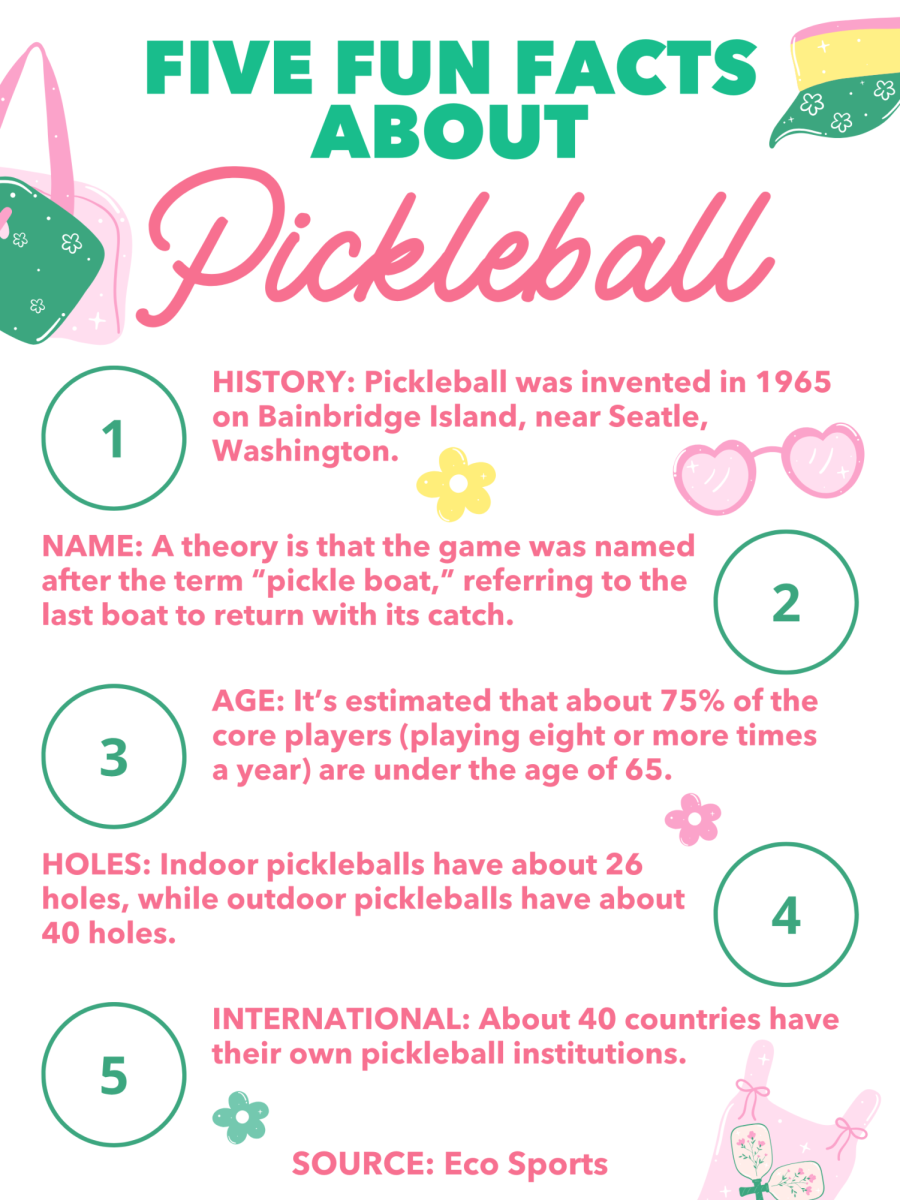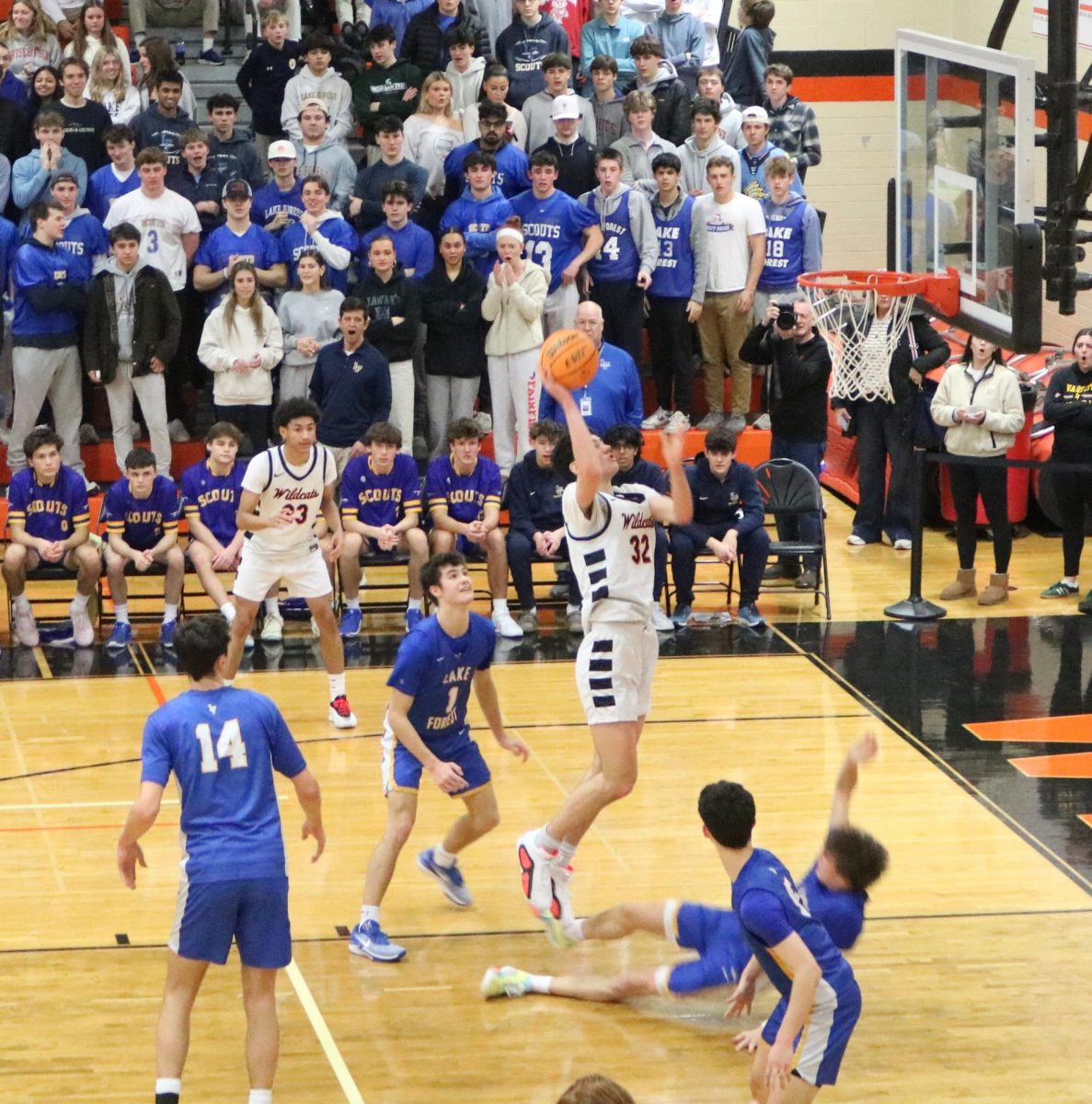The National Football League is no stranger to scrutiny. A league that once set itself apart from other sports due to its rough-natured, and sometimes ruthless, game, is now seeing the backlash in a series of concerns raised from a variety of different groups. With head trauma and concussions taking the forefront of concern for an extended period of time, the league has since been forced to confront a different issue in the limelight: domestic violence. The fact that they’ve taken a more active approach in fixing the problem isn’t what’s interesting. What’s interesting is how the league has, or, more importantly, hasn’t handled, it.
With NFL stars like Ray Rice and Adrian Peterson being forced to be the face of this new wave of punishment, questions in the handling of the different cases have arisen. Rice, former running back of the Baltimore Ravens, was suspended indefinitely in September 2014 after a video surfaced of Rice delivering a punch to his then-fiance, now wife, in an elevator in Las Vegas. The blow was to the face of Janay Rice and left her unconscious. Rice was cut from his team and suspended indefinitely, until he appealed the suspension and won in late November. He was reinstated to the league and allowed to sign with any team he wanted, although he has yet to be signed.
Adrian Peterson was suspended in November 2014 after being arrested on misdemeanor charges of reckless assault, after it was discovered that Peterson had beaten his child with a switch, or tree branch, leaving noticeable injuries. Peterson was placed on the Commissioner’s Exempt List and suspended indefinitely. After appealing his suspension, Peterson was denied and is still suspended. The question is: why is Peterson’s case so different from Rice’s?
The NFL’s legal system is nothing like the legal system used every day and run by the U.S. government. The NFL implements and runs its own set of rules, leaving many wondering the same thing: Who makes the decisions, and how are they made? In order to better look at how the NFL’s legal system leaves room for errors, Adrian Peterson’s case will be examined, and compared to Rice’s.
The first issue, and perhaps the biggest, is the arbitrator watching over the case. The NFL, or more specifically, commissioner Roger Goodell, has the right to select the arbitrator to look over the case. The problem is that the NFL doesn’t have to select an impartial arbitrator. In a normal court setting, the arbitrator would be chosen as the best possible person to oversee both sides without bias. However, the NFL turned to one its most trusted allies for the Peterson case, Harold Henderson, a former NFL executive vice president of labor relations.
Henderson has overseen over 80 cases and is notorious for ruling more in the favor of the NFL than the opponent, which is why Peterson and his team of lawyers attempted to call for a new arbitrator. The NFL stuck with Henderson, and he will oversee the argument. In Rice’s case, the assigned arbitrator was former federal judge Barbara Jones. Jones had no ties to the NFL, and was widely believed to be chosen over someone with ties to the NFL because the NFL had been caught in numerous lies, and was implicated in the case. Because the NFL was so straight forward with Peterson’s case, there was no reason for them to choose an independent arbitrator like Jones. This wasn’t the first time in league history this happened, and this is a large reason that concerns are raised. Another issue that will come up in the case is the use of evidence. According to the Collective Bargaining Agreement, the NFL is allowed to see much more evidence than would normally be admissible in a trial. This is important because of phone conversations between Adrian Peterson and the NFL’s Executive Vice President of Football Operations, Tom Vincent. The talks consisted of Vincent trying to sway Peterson towards attending a hearing with outside experts in order to please Commissioner Goodell. He also assured Peterson that he would not be subject to any punishments that are found in the new set of guidelines that Goodell adopted in August 2014. The reason this is known is because Peterson secretly recorded the conversation. Recording the conversations is illegal in some states, and the recordings would be thrown away in any other court. However, Henderson will have the option to do what he wants with the recordings, either listening or ignoring the recordings. The fact that one arbitrator can choose to see or ignore evidence raises more eyebrows, and creates more controversy about whether or not the case is fair.
A third issue that raises problems lies in the consistency of the NFL’s hearings. In a trial, it is common to look back at previous similar cases, and follow similar guidelines with punishments and handling the case. However, the Collective Bargaining Agreement guidelines state that previous cases don’t have to be considered. This means that the league can ignore the work done by Jones in the Rice case. The faults she found in the NFL’s punishment of Rice can be tossed aside and forgotten, meaning Henderson is free to run his own arbitration. This is huge because it leads to inconsistencies in NFL decisions. The NFL has commonly dealt out 2-game suspensions for domestic violence cases. With the new punishments being handed out, some longer than others, it only highlights the fact that the NFL is mixed up and unable to come to a consensus decision on how to handle them.
Senior Mac Copeland, a member of the Libertyville High School football team, has followed the recent crackdown on domestic violence and other NFL punishments. Copeland is just as confused as others in terms of why Peterson is suspended and Rice is free.
“Ray Rice and Adrian [Peterson] both committed a similar crime, but I think Rice’s was a little worse. I’m not sure why he’s free and Peterson isn’t, because Rice was caught on video and was also arrested. Peterson got cleared of the charges and is free to go, but the NFL still has him suspended. In my opinion, they should both be free, but the NFL is trying to save its image so they are taking it out on Peterson,” said Copeland.
In terms of “saving its image,” Copeland is referring to the handling of the Rice investigation. The video of Rice hitting his wife went viral, and the NFL denied seeing it. It was later determined that they had in fact seen it, but not acted on it. It was then attempted to be covered up by Commissioner Goodell, and the NFL has lost credibility since.
“It seems unfair to me that someone can be suspended because the NFL messed up and is trying to prove to people that they won’t mess up again. It wasn’t even his case, they messed up Rice’s. It’s not fair and now the NFL is missing one of its top players because they have to make a stand,” explained Copeland.
Copeland is correct in speaking about the NFL being forced to make a stand. The NFL has been pressure by women’s rights advocates ever since the Rice controversy began. The NFL needed to try and prove that the new policies in place were working, and this meant Peterson was the unlucky player.
Carmel High School senior Michael Robinson is headed toward a profession in law. He will study law next year at Iowa State University. When asked about the controversy of ethics in the case, Robinson was straight forward.
“Anyone who looks at the case knows that Peterson should be suspended. However, the biggest problem with it is that his punishment is too long. What he did was wrong but it’s inconsistent with the normal punishment the league hands out, usually in two to four game suspensions. His indefinite suspension isn’t fair to him or the [Minnesota] Vikings. However, the league doesn’t have to be fair. The way the CBA is drawn up, they can basically set him up for failure. They can’t run the arbitration, but they can put one of their guys in charge. It’s completely legal, even though it’s extremely unfair,” stated Robinson.






![Senior Liam Hanson (1) is escorted by his parents before the game to celebrate senior night. He will miss “hanging out with [his] boys and going out to eat after games and practices.”](https://www.lhsdoi.com/wp-content/uploads/2025/02/IMG_1389-1200x800.jpg)
